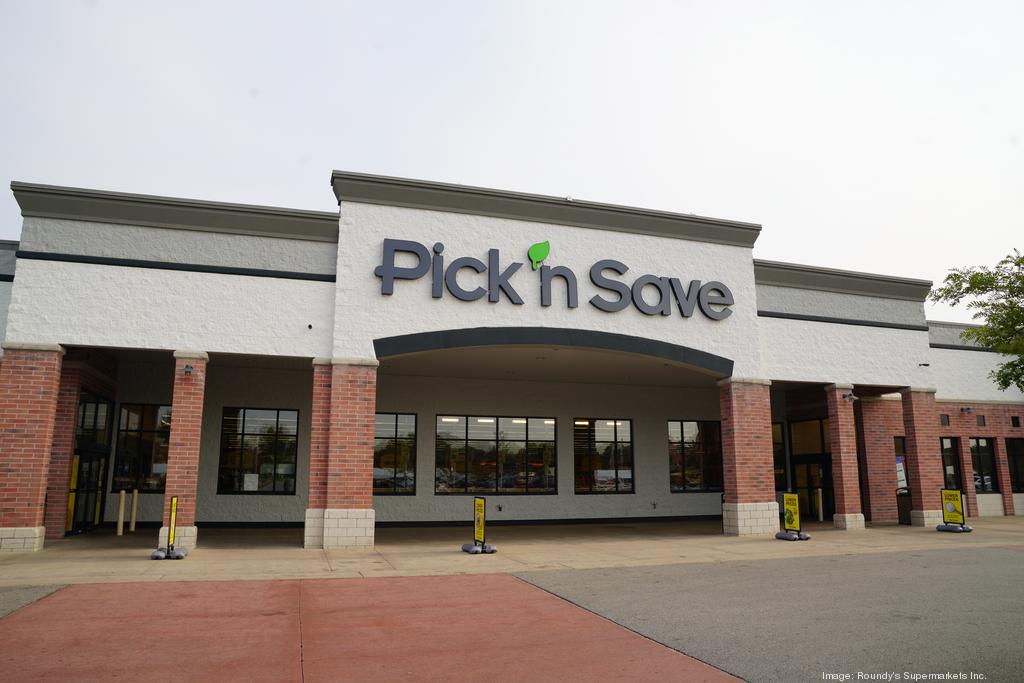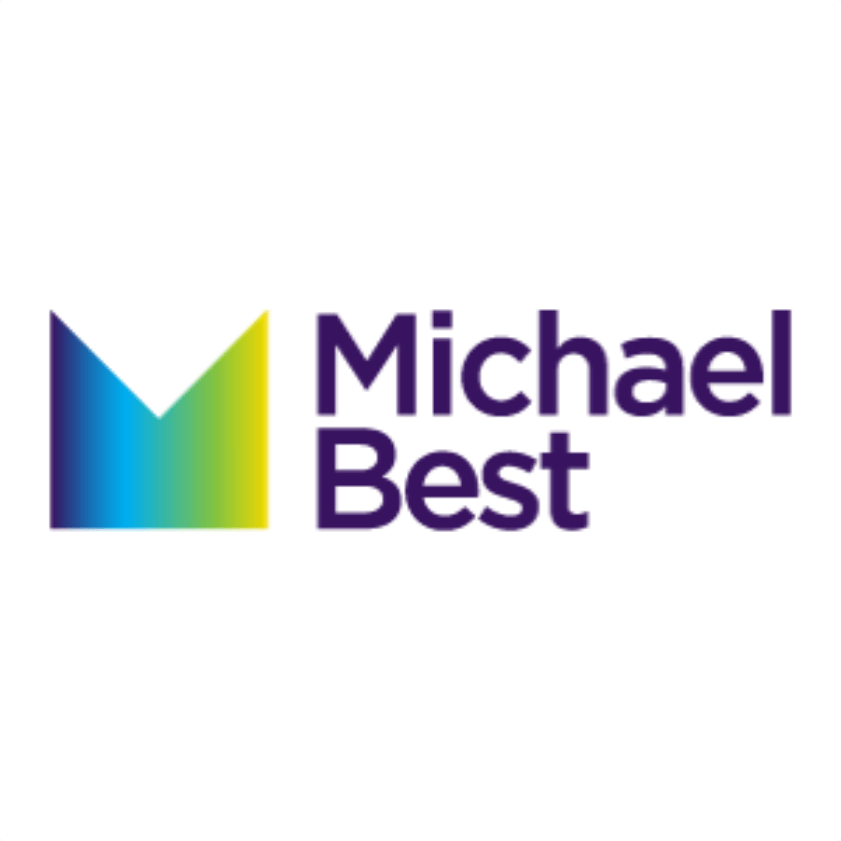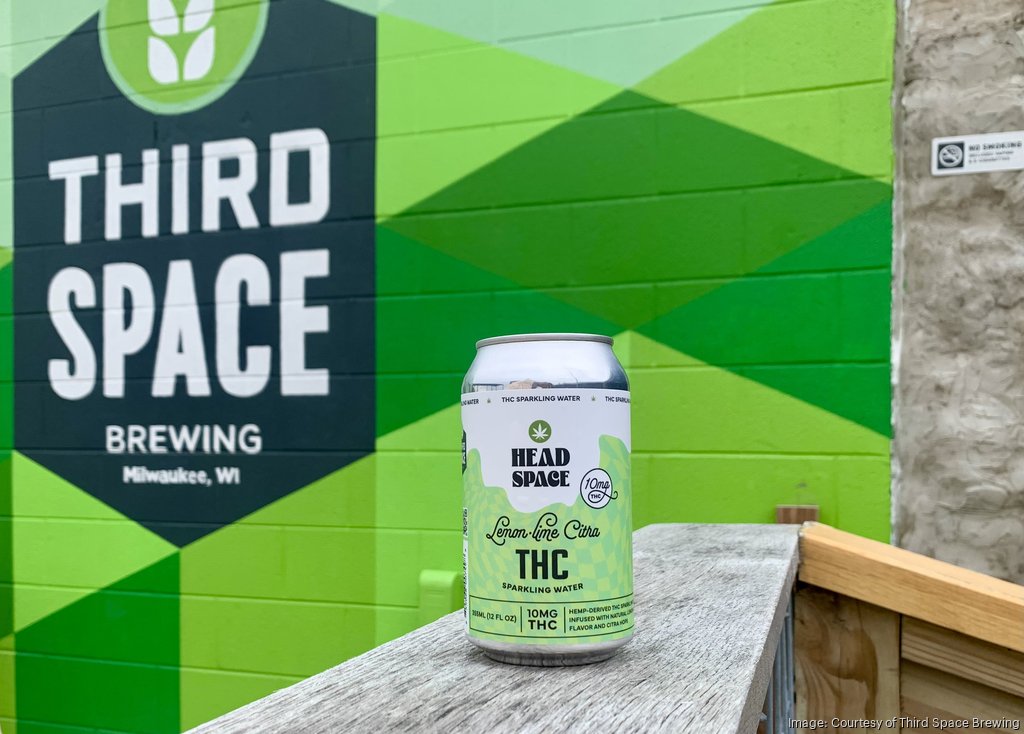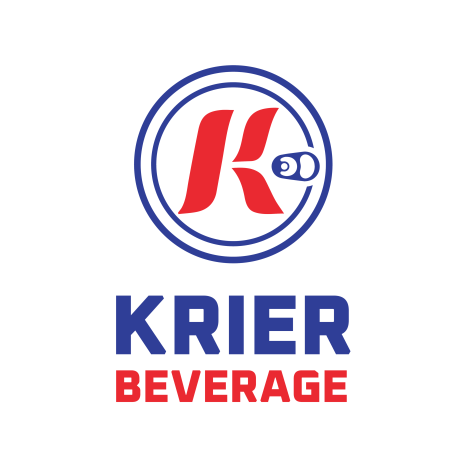This update includes FDA updates, FDA warning letters, USDA updates, lawsuits, and other articles of interest, including mandated accredited labs for mycotoxin testing, new EU import requirements for honey, PFAS test results for clams, and more.
FDA Updates
FDA Mandates Accredited Labs for Mycotoxins Testing Starting December 2024
December 1: The FDA is reminding owners and consignees of certain imported foods that they will be required to use accredited laboratories under the Laboratory Accreditation for Analysis of Foods (LAAF) program when conducting mycotoxins analyses beginning December 1, 2024. More information on the LAAF final rule and the LAAF Dashboard can be found here.
FDA Updates Retail Food Regulatory Standards for 2024
December 3: The FDA released the 2024 edition of the Voluntary National Retail Food Regulatory Program Standards, which defines the key elements of an effective retail food regulatory program for state, local, tribal, and territorial food regulatory agencies. These standards include recommendations for designing and managing retail food initiatives, as well as recognizing programs that show progress in implementing the standards. The 2024 edition incorporates updates from the 2023 Conference for Food Protection Biennial Meeting, such as re-standardization frequency updates, new courses, audit procedure updates, and new terminology. More information can be found here.
FDA Files Leprino Nutrition Food Additive Petition
December 4: The FDA filed a petition, submitted by Leprino Nutrition. The petition proposes to amend the food additive regulations to provide for the safe use of ultraviolet light for the reduction of microorganisms in whey products. More information can be found here.
FDA and FSIS Seek Input on Food Date Labeling Practices
December 4: The FDA and USDA issued a joint Request for Information (RFI) on food date labeling, including terms like ‘Sell By,’ ‘Use By,’ and ‘Best By.’ The RFI seeks information on industry practices and preferences for date labeling, research results on consumer perceptions of date labeling, and the impact of date labeling on food waste and grocery costs. It includes questions about which products have date labels, criteria for choosing phrases and dates, consumer interpretation of date labels, and the relationship between date labels, food waste, and household expenses. The deadline for public comment is February 3, 2025. More information can be found here. Further information on how to submit a comment can be found here.
FD
FDA Warns Against Use of Amanita Muscaria in Conventional Foods
December 18: The FDA issued a letter to food manufacturers stating that Amanita muscaria (A. muscaria), its extracts, and certain constituents (muscimol, ibotenic acid, and muscarine) are not authorized for use in conventional food due to safety concerns. These ingredients, often found in “psychedelic edibles,” do not meet the Generally Recognized as Safe (GRAS) standard and are considered unapproved food additives that may be harmful. The FDA advises against consuming foods containing these ingredients. The FDA is also assessing the use of these ingredients in dietary supplements and encourages manufacturers to meet safety standards. More information can be found here.
FDA Releases Inventory of Voluntary Premarket Meetings for Genome-Edited Plant Foods
December 16: The FDA released a new inventory of voluntary premarket meetings with developers of foods from genome-edited plant varieties. These meetings, outlined in FDA guidance, allow developers to voluntarily engage with the FDA before marketing their food products from genome-edited plants, based on the food’s risk characteristics. The FDA distinguishes these meetings from voluntary premarket consultations. The FDA encourages consultations for foods with higher safety or regulatory concerns. All genome-edited plant foods must meet standard food safety requirements. The FDA plans to update the inventory as more meetings occur. More information can be found here.
FDA Announces New EU Import Requirements for Honey and Apiculture Products
December 17: The FDA announced new European Union (EU) requirements for importing honey and other apiculture products, effective November 29, 2024. All establishments importing these products into the EU must register in the EU’s Trade Control and Expert System (TRACES). Exporters need an on-site assessment by the USDA Agricultural Marketing Service (AMS) before applying for registration. After passing the assessment, exporters should apply for inclusion on the export list through the FDA’s Export Listing Module. The FDA will maintain and update a list of compliant establishments and plans to send an initial list to the EU by December 31, 2024. More information can be found here.
FDA Extends Comment Period for Export Lists on Human Food Products
December 23: The FDA extended the comment period for the Request for Information on export lists for human food until February 21, 2025. As previously reported, the FDA is seeking public input on the listing requirements of other countries and the agency’s approach to helping U.S. industry comply with these requirements through export certification. The Request for Information intends to gather feedback from stakeholders to help the FDA Human Food Program improve the export certification process. More information can be found here.
FDA Files Food Additive Petition for Vitamin D2 Mushroom Powde
December 26: The FDA filed a petition, submitted by Monterey Mushrooms, LLC, proposing that the food additive regulations for vitamin D2 mushroom powder be amended to provide for an additional method for producing the additive. More information can be found here.
FDA Sets January 1, 2028, as Uniform Compliance Date for New Food Labeling Regulations
December 31: The FDA announced that January 1, 2028, will be the uniform compliance date for final food labeling regulations published between January 1, 2025, and December 31, 2026. All food products introduced into interstate commerce on or after January 1, 2028, must meet the new labeling standards. Special circumstances may warrant different compliance dates, which will be specified when final regulations are issued. More information can be found here.
FDA Warning Letters
Adulterated Breads: The FDA issued a warning letter to two manufacturers of ready-to-eat breads, rolls, and buns, following an inspection of their manufacturing facilities in Michigan and Florida. The FDA found several violations of the Current Good Manufacturing Practice and Preventive Controls regulations. As a result, the FDA determined that the products are adulterated because they were prepared, packed, or held under insanitary conditions, potentially making them harmful to health.
A database of warning letters can be found here.
USDA Updates
FSIS Issues Request for Information on Food Date Labeling
December 4: As reported above, FSIS and FDA are seeking public input on food date labeling. This Request for Information seeks information on industry practices and preferences for date labeling, research results on consumer perceptions of date labeling, and any impact date labeling may have on food waste. Comments will be accepted until February 3, 2025. More information can be found here.
我们
On December 17, 2024, the USDA announced the second round of states joining the NMTS. The seven states included in the second round are Indiana, Maryland, Montana, New York, Ohio, Vermont, and Washington. More information on the second round of states can be found here.
20.
FS
New Charter Defines FDA and USDA Jurisdiction for Animal Biologicals
December 20: The FDA and USDA announced a new charter to clarify the regulatory jurisdiction of certain animal biologicals. This charter builds on a 2013 Memorandum of Understanding (MOU) between the two agencies, which initially outlined their respective regulatory responsibilities. Due to scientific advancements since 2013, some products now fall into a gray area not clearly covered by the MOU. The new charter includes a flowchart to help determine which agency will regulate specific products and provides guidance on how to request a jurisdiction determination from the FDA and USDA. More information can be found here.
Other Articles of Interest
Potential Overhaul of U.S. Food Packaging Regulations Under Trump’s FDA
December 4: The next four years could bring significant changes to U.S. food packaging regulations. President-elect Trump has chosen Marty Makary to lead the FDA, which will operate under a Department of Health and Human Services potentially headed by Robert F. Kennedy Jr. They seek to address harmful chemicals in the food supply and chronic diseases. Kennedy has expressed a desire to crack down on food additives and possibly reorganize the FDA. The FDA, known for regulating food safety and drugs, also oversees packaging materials that contact food. With the FDA already undergoing reorganization, the new administration may further change its operations, potentially reviewing long-used chemicals in packaging. This could lead to new regulations and procedural changes, requiring more resources for the agency. More information can be found here.
FDA Nears Decision on Banning Carcinogenic Red Dye No. 3 in Foods
December 6: The FDA is expected to finalize its decision on banning the carcinogenic food dye FD&C Red No. 3 (Red 3) in foods soon. During a Senate hearing, FDA Deputy Commissioner Jim Jones acknowledged the delay in evaluating Red 3 and mentioned a pending petition to revoke its authorization. A letter from 22 members of Congress, led by Rep. Rosa DeLauro, urged the FDA to ban Red 3, citing its known carcinogenic effects and the availability of alternatives. The FDA banned Red 3 in cosmetics in 1990 due to cancer risks in rats, and the Delaney Clause of the Federal Food, Drug, and Cosmetic Act requires banning any food additive causing cancer in humans or animals. Despite a petition from food safety organizations, the FDA has not yet ruled on it. More information can be found here.
FDA Chief Calls for More Research and Funding to Address Food Safety and Obesity
December 6: Dr. Robert Califf, the outgoing head of the FDA, highlighted America’s issues with obesity, ultra-processed foods, and food chemicals during a Senate hearing. He emphasized the need for more research to determine the safety of food ingredients, noting that the FDA’s funding requests have been largely ignored. Without sufficient scientific evidence, the FDA cannot legally ban harmful substances. Califf cited Red 3, a food dye linked to cancer in animals, as an example. Despite its risks, the FDA cannot ban Red 3 without conclusive evidence of its harm to humans. Califf urged for better funding to conduct necessary long-term studies. More information can be found here.
RFK Jr. Endorsement Fuels Wisconsin’s Raw Milk Debate Amid Health Risks
December 12: The raw milk movement in Wisconsin may gain momentum with President-elect Donald Trump’s pick for Health and Human Services Secretary, despite health risks and past illness outbreaks. Unpasteurized milk, endorsed by Robert F. Kennedy Jr., has been linked to H5N1 virus contamination, raising concerns in the dairy industry. Rebekah Sweeney of the Wisconsin Cheese Makers Association urges caution, citing the dangers of pathogens like E. coli and Salmonella in raw milk. Wisconsin law currently restricts raw milk sales, but a recent bill to legalize it failed. Advocates argue raw milk has health benefits, while opponents highlight the risks. Past outbreaks in Wisconsin and other states underscore the potential dangers. The debate continues as raw milk remains available through private clubs and cooperatives. More information can be found here.
IFSAC Highlights Major Foodborne Illness Sources in Latest Report
December 13: The Interagency Food Safety Analytics Collaboration (IFSAC) released its latest annual report, “Foodborne illness source attribution estimates for Salmonella, Escherichia coli O157, and Listeria monocytogenes – United States, 2022.” IFSAC, a partnership between the CDC, FDA, and FSIS, was established in 2011 to enhance federal food safety analytics. The report highlights that Salmonella, E. coli O157, Campylobacter, and Listeria monocytogenes cause nearly two million foodborne illnesses annually in the U.S. These updated estimates help shape agency priorities and inform targeted interventions to reduce foodborne illnesses. They also aid in assessing the effectiveness of prevention measures. More information can be found here.
FDA Releases New PFAS Test Results for Clams
December 18: The FDA released new testing results for per- and polyfluoroalkyl substances (PFAS) in clams, following up on their 2022 seafood survey. The 2022 survey found high levels of perfluorooctanoic acid (PFOA), a type of PFAS, in canned clams from China, leading to recalls by two distributors. From October 2022 to September 2024, the FDA tested 12 samples of processed clams from China, all of which contained detectable levels of PFAS, including PFOA. Three shipments were refused entry into the U.S. The FDA continues to test for PFAS in human foods and is conducting targeted surveys on molluscan shellfish and the most consumed seafood in the U.S. The FDA also recently issued a request for information to help fill data gaps that remain regarding PFAS in seafood. More information can be found here.
Lawsuits
Quaker Oats Wins Round in ‘Simply Granola’ Label Dispute
December 3: Quaker Oats Co. temporarily defeated a proposed consumer class action alleging that the label on its “Simply Granola Oats, Honey, Raisins, & Almonds” product was deceptive. Plaintiffs claimed the label implied the product contained only the highlighted ingredients, but a judge for the US District Court for the Northern District of Illinois ruled this interpretation was unreasonable. The judge noted that granola does not have a commonly understood ingredient list, and the word “simply” does not mean that the ingredients would be limited by the front label list. Because the plaintiffs did not properly allege the products’ label was false, misleading, or deceptive, all of their claims were dismissed without prejudice. The judge also rejected Quaker Oats’ argument that the claims were preempted by federal law, allowing the plaintiffs until December 17th to file an amended complaint. The case is Hicken v. Quaker Oats Co.
拉
真的吗
This Regulatory Update covers information from December 2024. Please contact Paul Benson, Taylor Fritsch, or Leah Ziemba for additional information on regulatory issues that may affect your business. For access to articles and resources from our Premium Member law firm, Michael Best & Friedrich, visit michaelbest.com.











